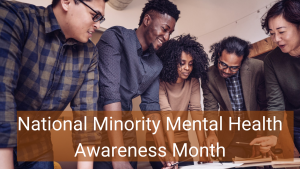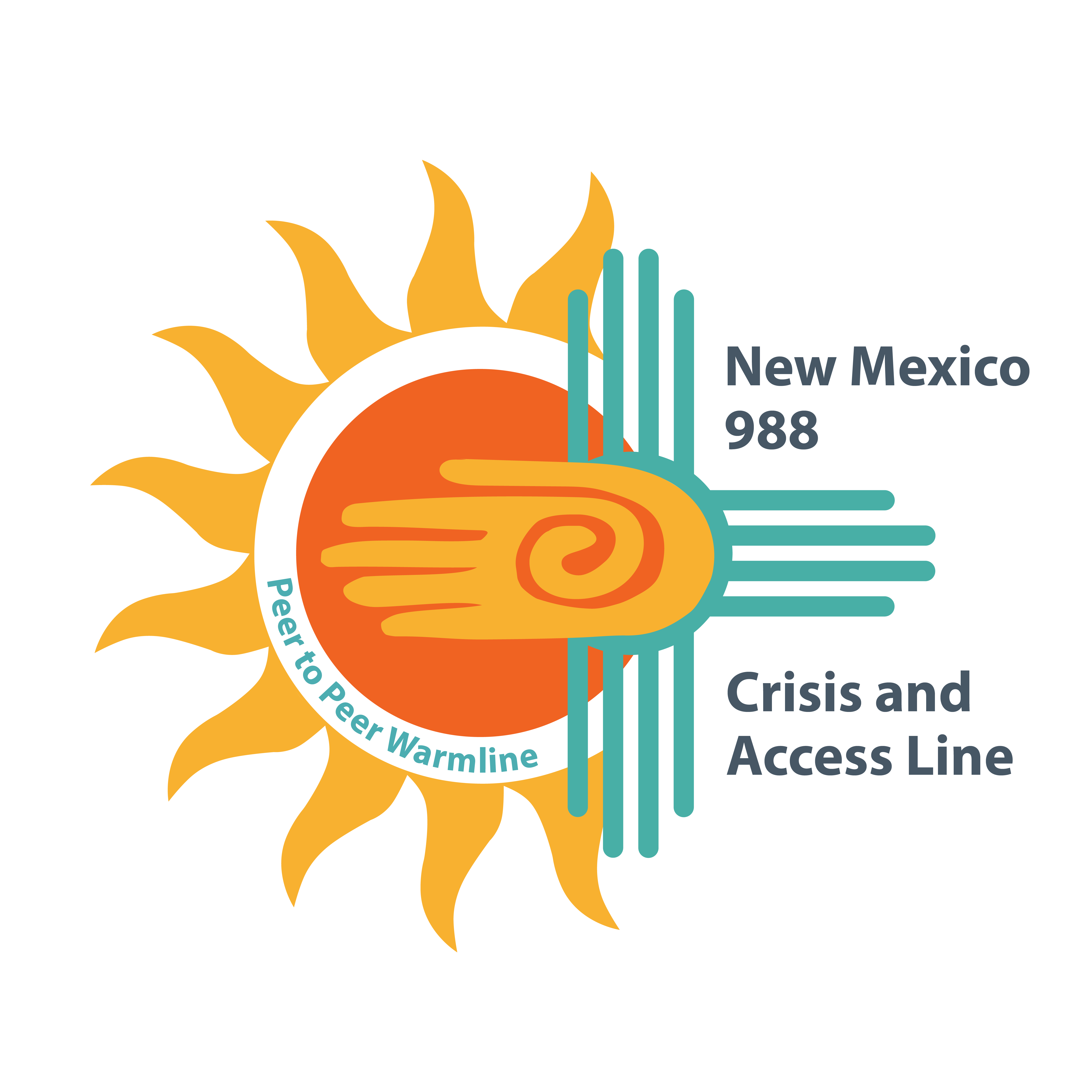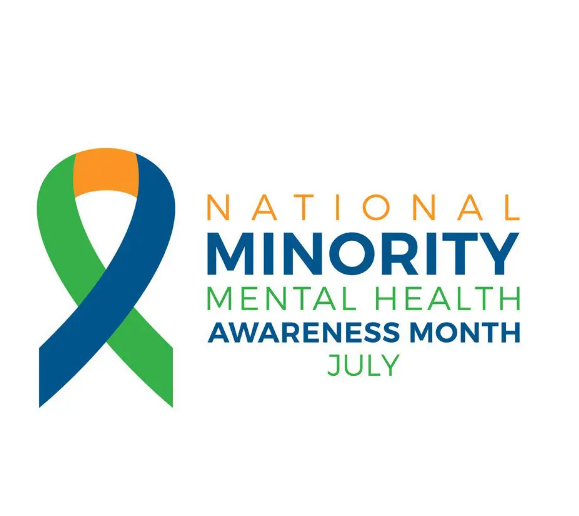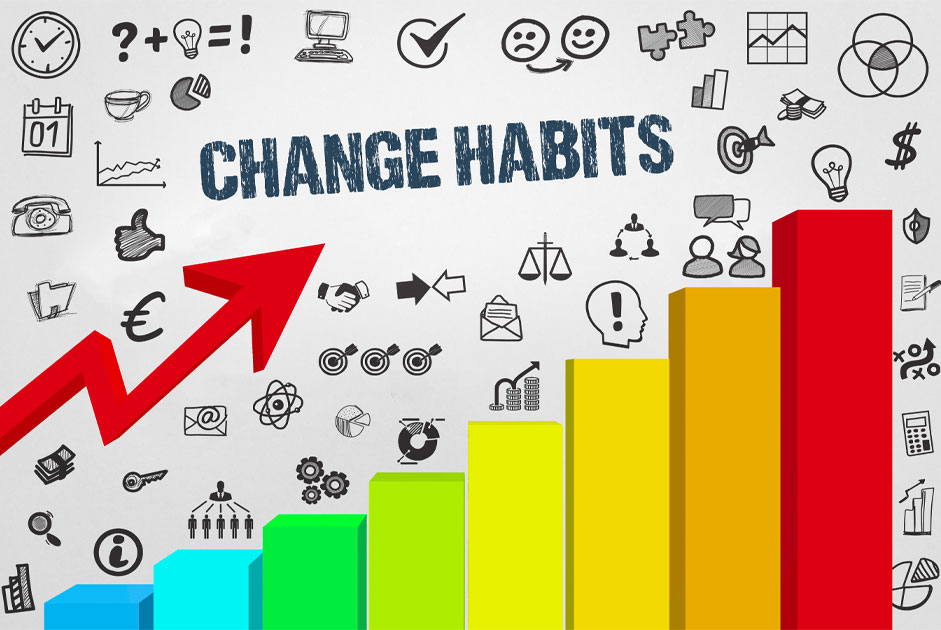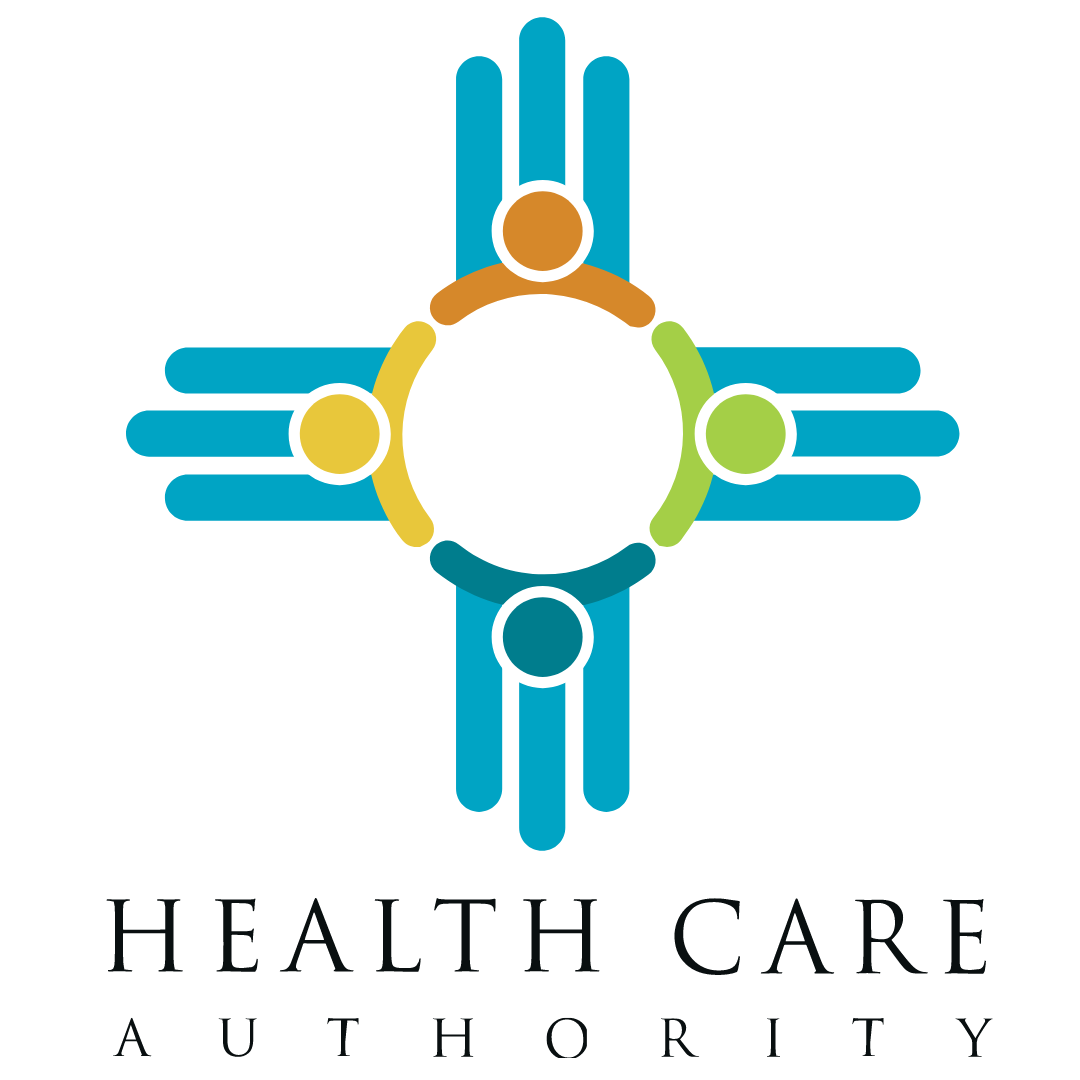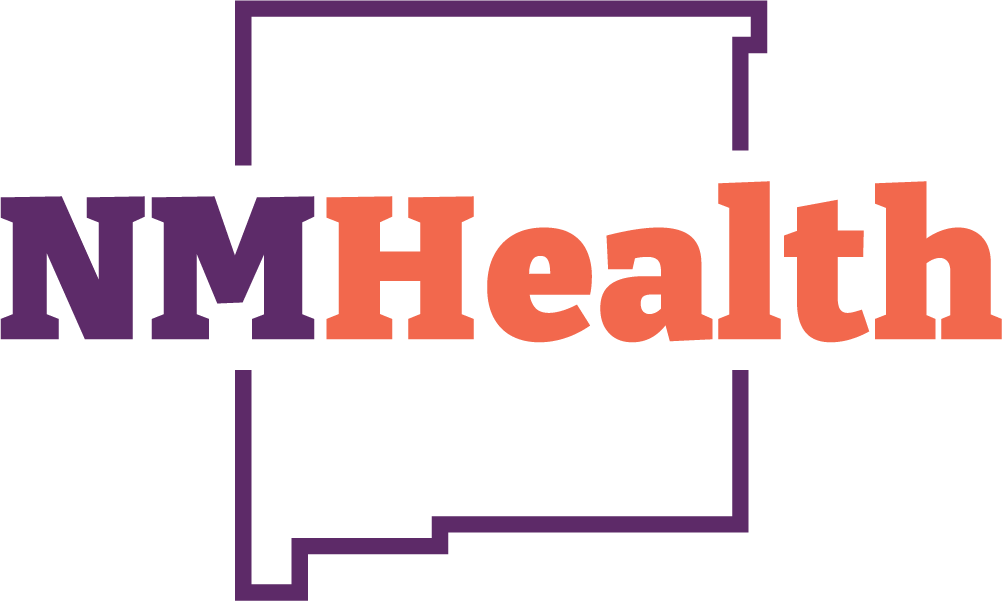National Minority Mental Health Month is observed in July as a nationwide effort developed by Mental Health America. It hopes to bring to attention the multitude of mental health experiences within BIPOC communities. The month also takes into consideration the unfair inequities such as systemic and historical barriers that negatively impact a person’s mental health. The concerns and traumas faced by the marginalized, oppressed, and disenfranchised people are unique and need to be addressed as such. It is important to have professional and empathetic mental health caregivers to help overcome mental health concerns and faulty diagnoses.
Help someone in need: If you feel someone needs mental health care and attention, encourage them to seek help from professionals. You can send resources their way.
Donate and volunteer: Mental healthcare facilities in minority communities are always in need of funds and volunteers. You can donate money or even volunteer your time to help out.
Be kind: Empathy and kindness go a long way in helping those with mental illnesses. Lend an ear to a friend and let them know that you care about their well-being.
Advocate: Raise awareness of the challenges that affect the mental health of racial and ethnic minority groups. Learn more about mental health and find ways to support mental health equity here.
WHY NATIONAL MINORITY MENTAL HEALTH AWARENESS MONTH IS IMPORTANT
National Minority Mental Health Awareness Month saves hundreds of vulnerable lives every year with timely help and a supportive network of allies.
This initiative was started with the genuine hope of making the world a better and more inclusive place for everyone, especially those who have been historically neglected.
There’s a lot of prejudice and stigma surrounding mental health issues. This month aims to fight misinformation so that those who are struggling don’t feel left out.
